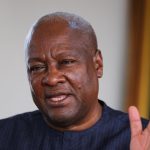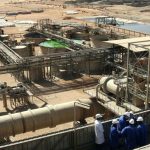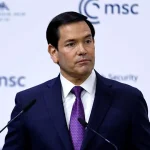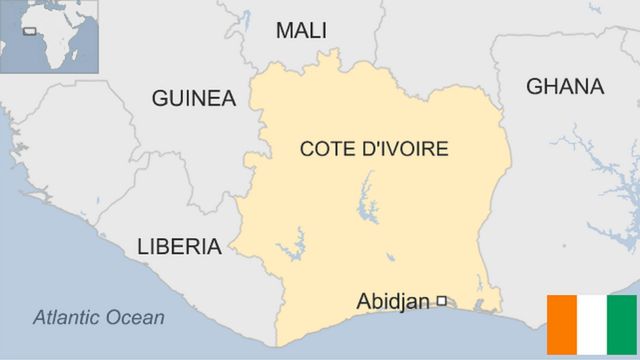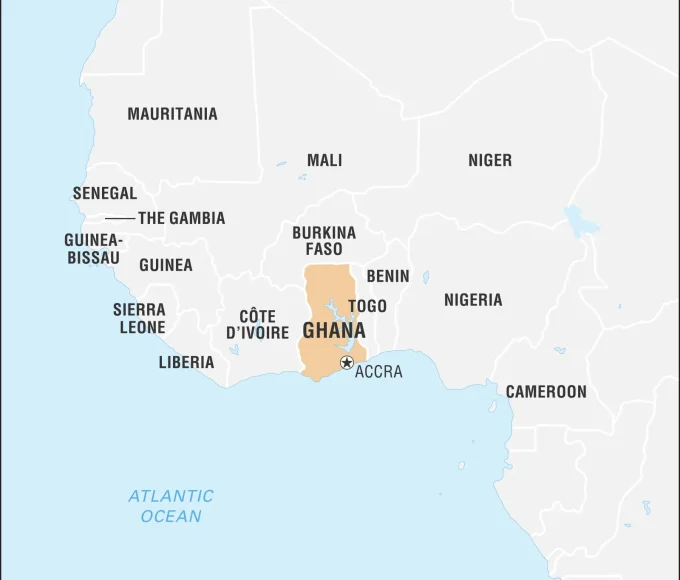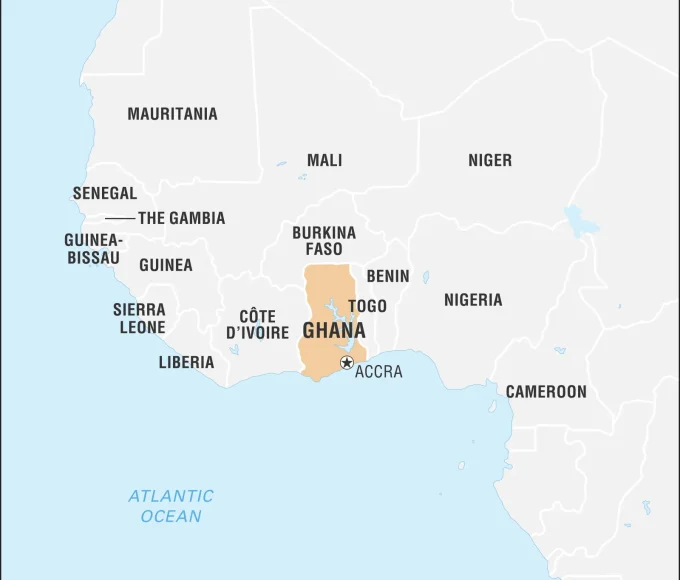
Tinubu admits removal of PMS subsidy, says in avoidance of bankruptcy
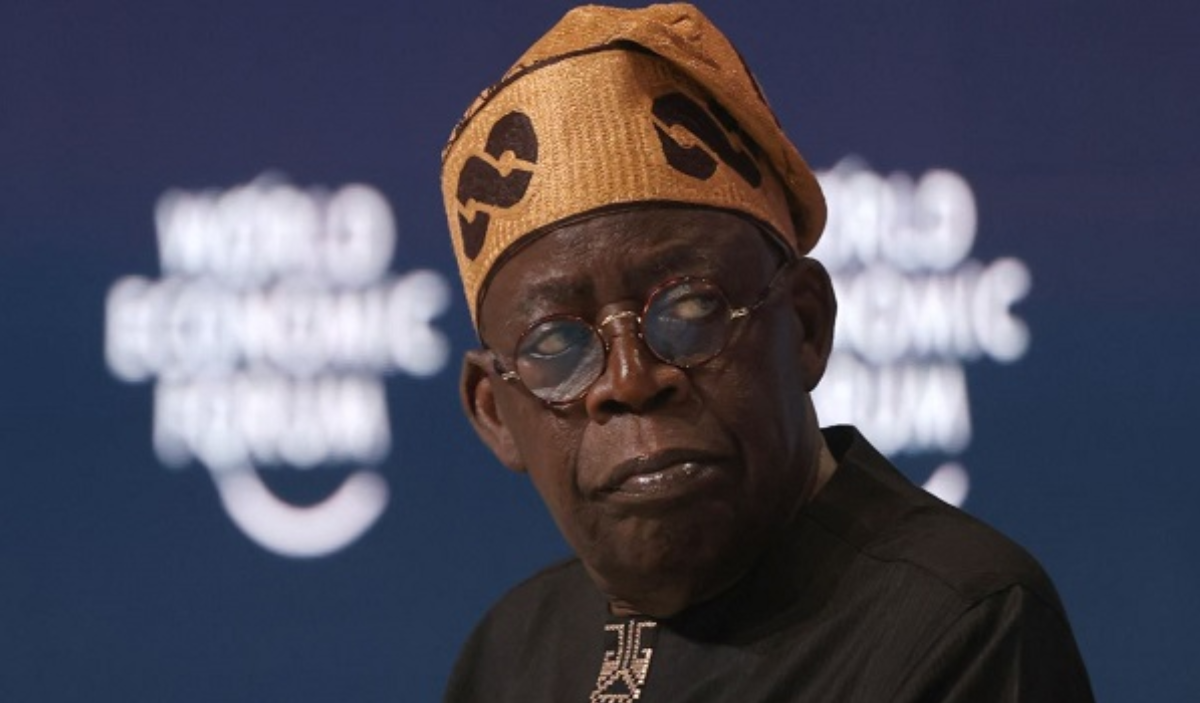
President Bola Tinubu admitted to removing the fuel subsidy and said it was to avoid bankruptcy during the ongoing World Economic Forum (WEF) in Riyadh, Saudi Arabia, on Sunday, 28th, 2024.
To recall, Tinubu first announced the removal of the subsidy on the day he was inaugurated as the 16th President of Nigeria. However, the policy’s aftermath led to several citizen fatalities due to commodity price hikes, which in turn increased hardship.
This is a policy that Tinubu while speaking at WEF’s meeting on Global Collaboration, Growth, and Energy for Development, said needed to be removed to reset the economy.
For Nigeria, we are immensely consistent with the belief that economic collaboration and inclusiveness are necessary to engender stability in the rest of the world, says Tinubu.
Tinubu further expressed that he was convinced it was in the people’s best interest.
Yes, there will be blowback. There is the expectation that a more significant number of people will feel the difficulty. Still, once I believe their interest is the government’s focus, it is easier to manage and explain the problems, says Tinubu.
Meanwhile, the effect of hunger and food inflation following the fuel subsidy removal, combined with the exchange rate, led to the need to provide a mitigating means of cushioning the effect on Nigeria’s economy.
Despite media reports on fatalities caused by stampedes during the Federal government initiative on sharing rice through the Nigeria Immigration Service, Tinubu maintained, “We share the pain across the board; we cannot but include those who are vulnerable.”
However, while speaking on currency exchange unification, Tinubu expressed that,
Currency management was necessary equally to remove the artificial elements of value in our currency. Let our local currency find its level and compete with the rest of the world currency and remove arbitrage, corruption, and opaqueness.
Read: Two Notorious Drug Trafficking Kingpins Sentenced to Life Imprisonment
About The Author
Mayowa Durosinmi
author
M. Durosinmi is a West Africa Weekly investigative reporter covering Politics, Human Rights, Health, and Security in West Africa and the Sahel Region
Mayowa Durosinmi
M. Durosinmi is a West Africa Weekly investigative reporter covering Politics, Human Rights, Health, and Security in West Africa and the Sahel Region
Related Articles
Ghana Begins Boundary Pillar Project Along Côte d’Ivoire Border
Ghana has announced plans to begin construction of boundary pillars along its...
ByWest Africa WeeklyFebruary 16, 2026Nigeria to Face Ghana and Senegal in New CAF Nations League
Nigeria will face Ghana and Senegal in the newly introduced CAF Nations...
ByWest Africa WeeklyFebruary 16, 2026Ghana Set to Become Africa’s Eighth Largest Economy
Ghana is projected to become the eighth-largest economy in Africa by 2026,...
ByWest Africa WeeklyFebruary 16, 2026Ghanaian Tomato Traders Attacked in Burkina Faso
Several Ghanaian tomato traders were attacked in Burkina Faso, raising fresh concerns...
ByWest Africa WeeklyFebruary 16, 2026



